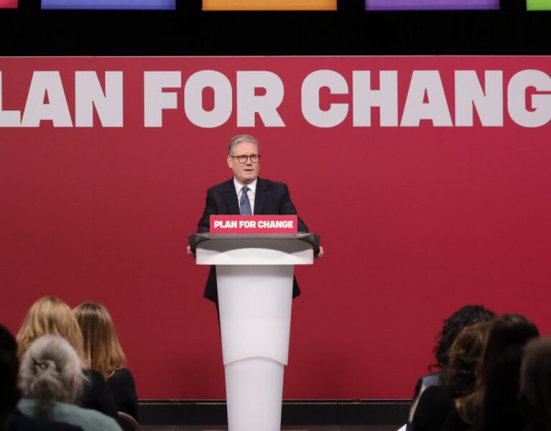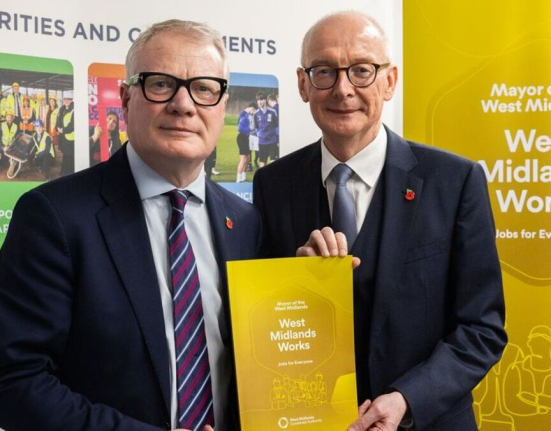Productivity forecast set to be cut
Chancellor Rachel Reeves is facing the prospect of a significant fiscal shortfall after being warned that Britain’s independent watchdog is preparing to downgrade its productivity outlook.
The Office for Budget Responsibility (OBR) is expected to trim its forecasts ahead of the next Budget, in a move that could worsen the state of public finances by at least £9bn – and potentially much more.
Officials briefed on the situation say the downgrade would represent a verdict on the legacy of Conservative governments between 2010 and 2024, rather than the actions of Labour since taking power.
“The untold story of this Budget is the historical legacy of the Conservatives,” one official said, suggesting the adjustment could account for as much as three-quarters of the fiscal gap Reeves now faces.
Labour’s pledges under strain
Reeves entered office with a promise not to increase the three main taxes – income tax, VAT and national insurance – and insisted after her October 2024 Budget that she would not return for more rises or borrowing. But the OBR’s recalibration is expected to place intense pressure on those commitments.
The watchdog currently assumes productivity growth will average 1.1% over the medium term. Analysts argue that is too ambitious. A downward revision of just 0.1 to 0.2 percentage points would reduce the fiscal position by £9bn to £18bn, according to JPMorgan economist Allan Monks. Combined with an existing £6bn gap from welfare reversals, the overall hole could stretch towards £30bn.
If the government decides to raise revenue, options include undoing Conservative cuts to employee national insurance contributions – worth £20bn to the exchequer – or prolonging the freeze on income tax thresholds, which could generate nearly £10bn.
Political faultlines widening
Reeves has already sought to frame the looming downgrade as a judgment on her predecessors, while critics accuse her of shirking responsibility. Shadow chancellor Sir Mel Stride said: “Every time the numbers don’t add up, Rachel Reeves blames someone else. But the truth is the markets are losing confidence.”
The Treasury has avoided committing to its manifesto pledges at the next Budget, instead stressing that it intends to keep taxes on working people “as low as possible.” The OBR itself declined to comment.
Long-running productivity challenge
Britain’s weak productivity performance has been a drag on growth since the financial crisis, with repeated forecasts of a rebound failing to materialise. The OBR has been criticised for clinging to optimistic projections, while the Bank of England has warned against assuming a turnaround is imminent. Governor Andrew Bailey said in June he remained “sceptical” about predictions of a sustained improvement.
In March, Reeves had £9.9bn of headroom against her key fiscal rule, which requires day-to-day spending to be funded entirely through taxation by the end of the decade. The expected downgrade threatens to erase that buffer, limiting her room for manoeuvre. Economists expect the chancellor to seek to rebuild the cushion to safeguard against further shocks, even if it means breaking her tax promises.
With the fiscal landscape tightening and borrowing costs still volatile, the coming Budget will test both Labour’s economic credibility and its political resolve.







